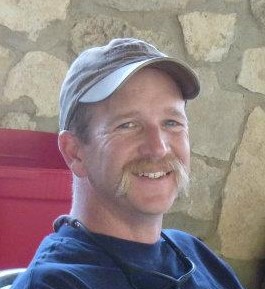The Nature Conservancy

Name: Jason Wrinkle
Hometown: Dryden, Texas
Job Title: West Texas Program Manager (not current)
Years in Fire: 25
*Note: We interviewed Jason years ago, back in 2011 actually, as part of another writing project. He has since moved on from the Nature Conservancy, but we wanted to share his interview because we thought his experience with the Nature Conservancy would be relevant and helpful to our readers considering working with TNC.
Why Firefighting? While in school at Texas Tech University and working for the Texas Agricultural Experiment Station (Vernon, TX)I was introduced to the use of fire as a habitat and range management tool, I was instantly amazed and addicted. The ability to use such a powerful natural process to benefit everything from the soil level to the keystone species is nothing short of amazing. Furthermore the relative low cost of implementation compared to other large scale habitat improvement techniques made fire even more attractive. I began my fire career by lighting fires, but quickly realized that if you are going to light them – you better know how to fight them.
Why the Nature Conservancy? I was attracted to The Nature Conservancy by the diversity of work and their common sense approach to solving difficult issues. While I knew little about The Conservancy before applying, I quickly discovered it is not an extreme environmental organization and found that my skill set and philosophy meshed well with their goals and approach.
Best part about the job? Working with private landowners to apply fire to their land is one of the most satisfy parts of my job. We work in landscapes that still have the ability to support landscape scale processes such as prescribed fire.
Coolest thing you've seen on a fire? Teamwork and dedication. In no other discipline that I have experienced can you find a group of people who pull together to achieve a common goal. With long hard hours of work, time away from home with most driving great distances to help. When we ask our co-workers to help on a fire, they drop what they are doing to come to help, as they know the importance and seriousness of the task at hand.
Advice for someone thinking about working for the Nature Conservancy? Plan for long hard hours of dirty and extremely satisfy work and being able to see the fruits of your labor on the ground. Enough talking, let’s put fire on the ground and further the conservation mission of The Nature Conservancy. Other: NWCG fire quals – TFLD, ICT4, RXB2, ENGB, FIRB, HECM, FALC, FFT1, READ, ATVO